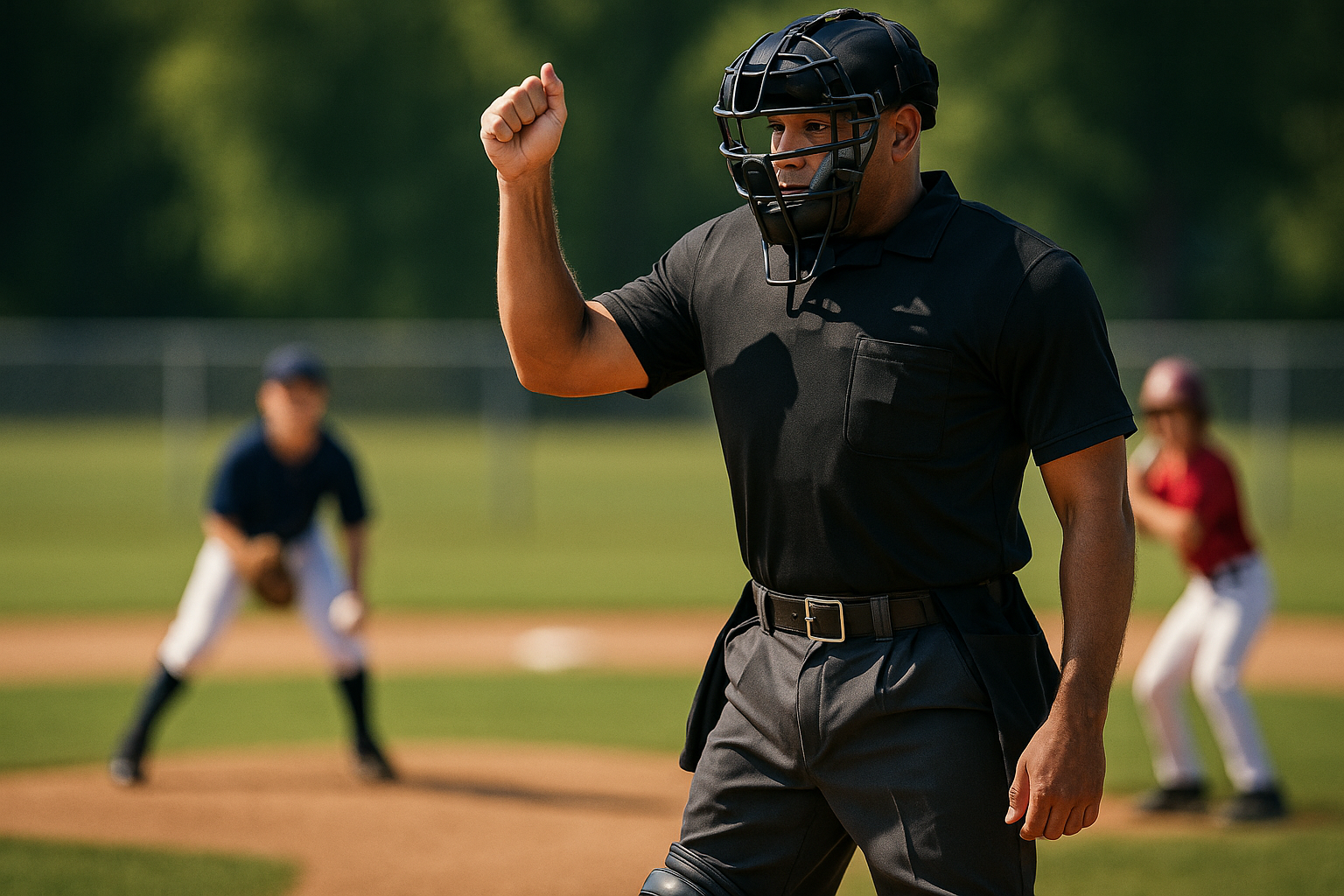Umpiring is more than just calling balls and strikes. It requires training, certification, and the ability to manage games with authority and fairness. Qualifications vary by level, but there are common standards across most organizations.
At the youth level, many leagues require umpires to be at least 14–16 years old. New umpires typically start with younger divisions where the game is slower and less complex. This gives them experience before moving up to higher levels of play.
Formal training is often required. Local associations host clinics covering rule interpretation, mechanics, positioning, and game management. Umpires learn how to track counts, handle substitutions, and maintain control in heated situations.
Certification is another step. Organizations such as Little League, USA Baseball, or state high school athletic associations offer certification programs. Passing a rules exam and completing field training are common requirements. Certified umpires are usually given priority for assignments and higher pay.
Physical ability is also important. Umpires need to move quickly, maintain focus, and withstand long hours in the sun. Protective gear, such as chest protectors and masks, is mandatory for plate umpires.
Soft skills matter too. Confidence, clear communication, and professionalism separate strong umpires from average ones. They must be able to manage conflict, deal with complaints, and maintain authority without escalating situations.
At advanced levels—college or professional—umpires must meet stricter standards. These often include years of experience, evaluations, and sometimes attendance at professional umpire schools.
In short, the qualifications to be an umpire combine knowledge, training, certification, physical ability, and interpersonal skills. It’s a demanding role, but one that plays a vital part in the success of every baseball game.

